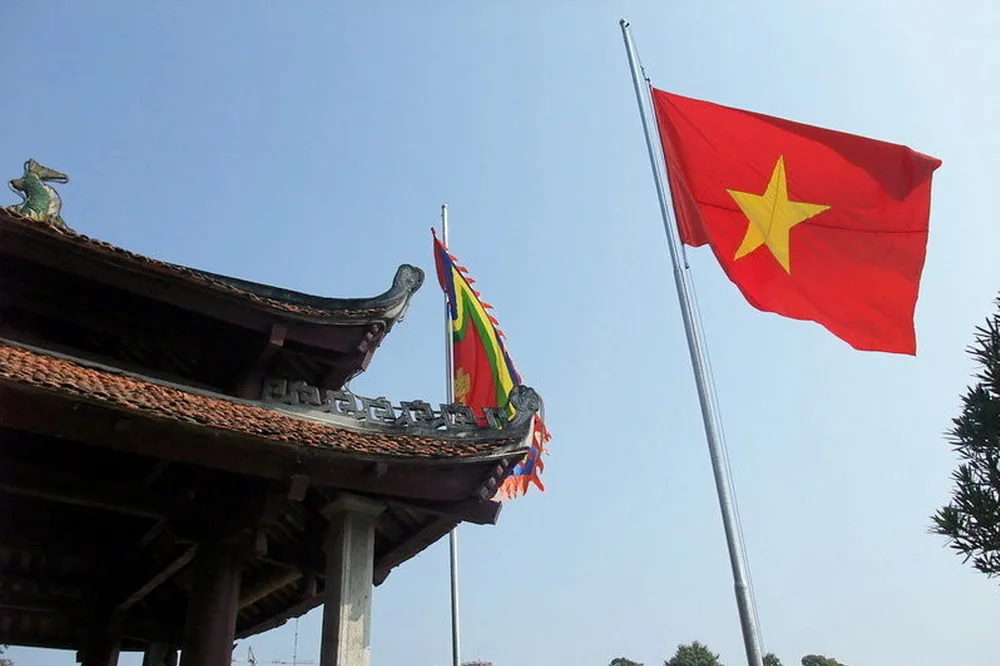Equinor becomes latest to quit Vietnam offshore wind market amid political turmoil
Vietnam has some of Asia’s most attractive resources for offshore wind but regulatory hurdles and political turmoil are among challenges facing developers

Norway’s Equinor has cancelled plans to invest in Vietnam’s offshore wind market as part of a refocusing of its portfolio, amid ongoing political upheaval in the southeast Asian country and uncertainties over route to market.
With its long coastline and favourable wind conditions, Vietnam has among the best wind resources in Asia and a strong political will to develop an offshore wind market, Equinor states on its website.
As recently as November, state-owned oil giant Equinor signed a memorandum of understanding (MoU) with oil counterpart PetroVietnam aimed at promoting cooperation within renewables and low carbon solutions.
That followed another MoU signed between the companies a few years earlier in which they agreed to collaborate on offshore wind.
"The decision was made as part of Equinor’s prioritisation of the early-stage project portfolio investments, which is aimed at maintaining a strong and balanced portfolio and ensure we can leverage our full technical and financial capabilities.”
Vietnam’s offshore wind sector is currently facing troubles of its own, with concerns raised about the country's policy framework and route to market.
The government has reportedly been pushing for domestic state-owned companies to pilot offshore wind projects, prompting concerns that this could slow progress given their lack of experience in the sector.
Danish renewables giant Orsted quit Vietnam last year, having previously had “multi-gigawatt” offshore wind plans there, after deciding that it was now an “unattractive market.”
Vietnam, a one-party Communist state of 100 million people, is also facing broader political upheaval.
Its government is currently engaged in a wide-ranging anti-corruption crackdown known as “blazing furnace”. This has led to high-level arrests – including of several government ministers – and resignations.
Vietnam’s burgeoning renewables sector has not been spared, with officials leading the country’s decarbonisation drive having reportedly been blamed for licensing and certification violations.